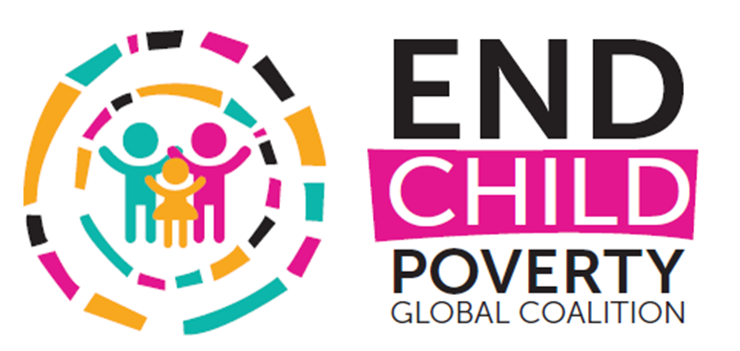The 2018 edition scores and ranks the performance of 52 African governments in improving the well-being of children. The report uses a robust, rights-based statistical methodology – the Child-Friendliness Index – and a wide range of data to measure and track progress in the commitment of African governments to children.
Poor Children in Rich Countries
Conditionality in cash transfers: UNICEF’s approach
Addressing the Myths: The affordability of social protection
Addressing the Myths: Do social protection programs lead to misuse and dependency?
Addressing the Myths: Social protection and fertility
Making Cash Transfers Work for Children and Families
Still Left Behind?
Child Monetary Poverty and Multidimensional Deprivations
The Many Faces of Exclusion: End of Childhood Report 2018
REPORT
1.2 billion children are threatened by conflict, widespread poverty or discrimination against girls.
In commemoration of International Children’s Day, Save the Children released its second annual End of Childhood Index, taking a hard look at the events that rob children of their childhoods and prevent them from reaching their full potential.
Responding to Children's Work
Children's Experience of Violence
Access to Primary School Education
Monetary and Multidmensional Child Poverty
How Families Cope With Poverty In Asia
REPORT
In order to understand better the food security and livelihoods challenges in Asia, and how these relate to undernutrition and broader child wellbeing, Save the Children has conducted a retrospective synthesis review of its analyses in the region. This review draws on the data, findings and recommendations from 15 studies carried out in five countries in Asia – Bangladesh, Myanmar, Nepal, Pakistan and the Philippines – between 2011 and 2015.
Tackling Child Poverty in Latin America: Rights and Social Protection in Unequal Societies
The Impact of Child and Youth Work on School Performance in Brazil
POLICY BRIEF
Despite a significant improvement in school attendance Brazil continues to lag behind other Latin American countries in terms of educational outcomes. A team of local PEP researchers set out to measure the impact of child work on learning outcomes to better understand the consequences of children combining work and study.
Reduction of Child Poverty in Serbia
WORKING PAPER
This study from a team of PEP researchers proposes different reform strategies concerning the two main means tested social protection programs (monetary social assistance and child allowance). The authors proposals aim to improve the targeting and coverage of these programs, as well as acting on the incentives to work by the parents for the benefit of children in poverty.




















